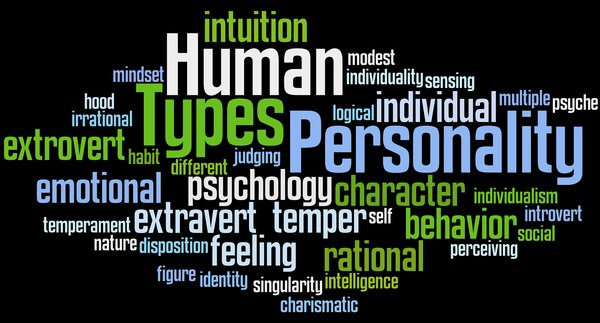Asking strategic questions helps you understand your Customer Experience (CX), determine a focus for your efforts, and deliver a successful CX outcome. However, one question is the most vital to success with your CX strategy, and it isn’t about them; it’s about you. Forget to ask it, and you can forget about delivering on your CX objectives.
The question is this: How much do you embrace customer irrationality?
If the answer isn’t either “absolutely,” “wholeheartedly” or “with every fiber of my being,” then you might have a problem even before you get started. The concept that customers are irrational and display irrational behavior is fundamental to moving forward with today’s CX Improvement programs.
Maybe you are not convinced. Perhaps you think that only some people are irrational, and certainly not the people you are trying to attract with your product or service. I can understand that. After all, I work with people that are just discovering this truth about irrationality all the time in my global customer experience consultancy. So, let me give you some examples that might help you see my view:
- Do you ever push the walk button at an intersection more than once because you want the light to change faster?
- Do you yell at your TV during a sports match, a news program or when the showrunners off your favorite character from Game of Thrones?
- Have you ever avoided walking under a ladder or fretted breaking a mirror because it’s bad luck?
- Have you ever wished on a falling star? Stray eyelash? Birthday candles?
Admit it. You have done at least one of these things. We all do because we are irrational.
We do irrational things when we are customers, too. Don’t believe me? Then answer these questions:
- Are your watch/smartphone/car/shoes the cheapest ones available on the market or did you buy the one you thought best represented your style and needs?
- Do you calculate the price per ounce for the small, medium and large drink options at a fast-food restaurant and choose the one with the best price per oz. or do you just order the medium?
- When you go to the market, do you ever buy items that you didn’t plan to buy or that weren’t on your list?
- Have you ever been interested in a product because you like the brand of the manufacturer?
I would argue you have all done at least one of these things, too. Each of these examples is an example of irrational thinking driving a decision. These choices represent either an emotional selection or a shortcut for a rational decision process. Or both. Moreover, they are everyday choices we all make as customers.
The fact is that emotions drive many of the decisions we make. They are easier and faster than rational decisions. Not only that, they tend to be pretty good most of the time. Take the drink example for instance. Isn’t choosing the medium easier than calculating the price per fluid ounce? And couldn’t we all agree that cookies are almost never a rational but almost always a good choice to toss in the trolley at the store?
Too often we ignore the irrational nature of customers and the emotional side of the CX. But this is a big mistake. Once you embrace that irrational nature we all share, you can use the concept to create win-win moments for your customers. These win-win moments create customers’ positive emotions toward your brand. Not only does this effort help your business grow but also the positive emotions you evoke during your CX can become the ultimate competitive differentiator.
As global Customer Experience Consultants, we have been asking questions like this one for over 15 years. Over time, we learned the answers tell you what drives value for your organization. From a business perspective, I am sure we can agree that knowing how you grow your business and increase your bottom line is crucial. If you aren’t doing that, it doesn’t matter what kind of CX you provide.
Emotion influences more than half the regular CX, not rational or physical factors such as price or quality, etc. Therefore, deliberate structuring of what emotions you evoke during your CX is essential. When you cultivate positive emotional reactions from customers, you improve your CX outcomes and ultimately, your bottom line.
Now, can’t we all agree that the most rational thing to do is accept customer irrationality?
What do you do that you know is totally irrational?
To learn the rest of the questions and how you can use the answers to help facilitate your CX success, join us for our FREE, 30-minute webinar,
‘Secrets Revealed: The Key Strategic Questions Critical for a Successful CX‘. on Thursday, September 21st at 11 am EST. To register, please click here.
If you liked this article, you might also enjoy these:
Revolutionary Thinking on Customer Loyalty
Astonishing BIG Gains from Little Changes!
Act Now to Turn Customer Pain Points into Pleasurable Profits
Colin Shaw is the founder and CEO of Beyond Philosophy, one of the world’s leading Customer experience consultancy & training organizations. Colin is an
international author of six bestselling books and an engaging keynote speaker.
Follow Colin Shaw on Twitter @ColinShaw_CX


